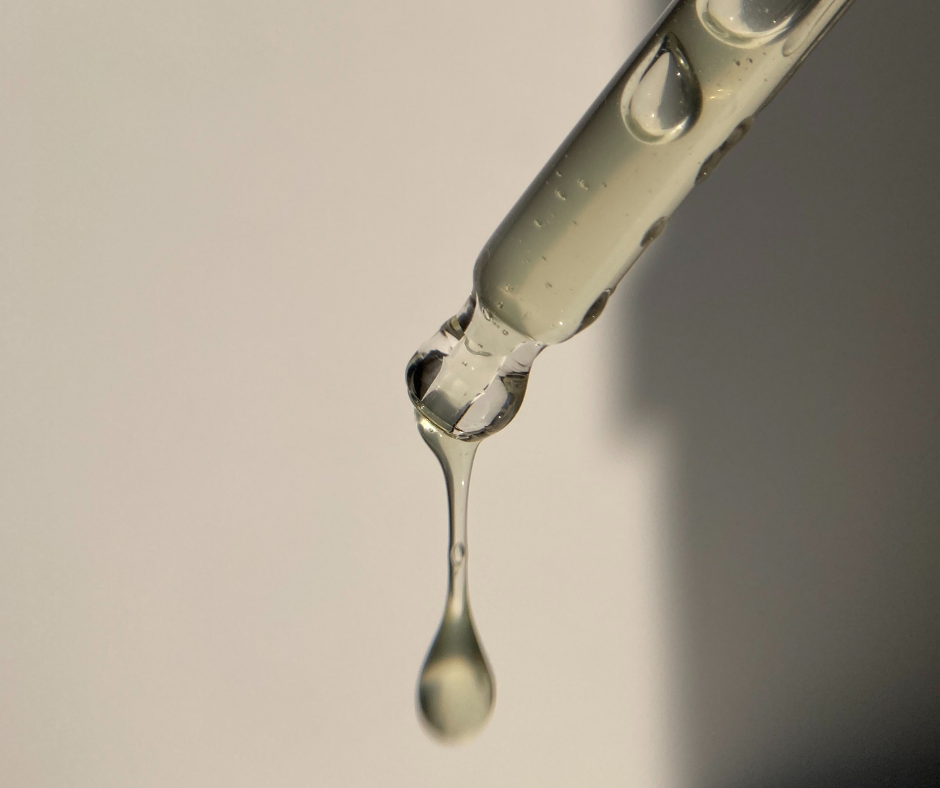
Skincare 101: About Capryloyl Salicylic acid, Hyaluronic Acid and Calamine

Skincare 101 series - welcome back to part 2. We'll continue our exploration into the transformative world of skincare ingredients. In this edition, we're putting the spotlight on capryloyl salicylic acid, hyaluronic acid, and calamine. Together, let's discover the science behind these powerful ingredients and how they can revolutionize your skincare routine.
Capryloyl Salicylic Acid - keeping skin clean and clear
Capryloyl salicylic acid is a derivative of salicylic acid, a beta-hydroxy acid (BHA) commonly used in skincare products for its exfoliating properties. Capryloyl salicylic acid is derived from a combination of salicylic acid and caprylic acid, which is a type of fatty acid. This derivative is often used in skincare formulations due to its ability to provide similar exfoliating benefits as salicylic acid while also offering additional advantages. The LHA Blemish ampoule takes all these advantages into its green bottle - making it effectively to use day and night everyday.
Here's a breakdown of capryloyl salicylic acid in skincare:
-
Exfoliation: Like salicylic acid, capryloyl salicylic acid works by exfoliating the skin. It penetrates the pores to remove dead skin cells, excess oil, and other impurities, helping to unclog pores and prevent acne breakouts. By promoting cellular turnover, it also helps to improve the overall texture and tone of the skin.
-
Gentleness: One of the key advantages of capryloyl salicylic acid is its gentleness compared to traditional salicylic acid. While salicylic acid can sometimes be too harsh for sensitive or delicate skin types, capryloyl salicylic acid is often better tolerated, making it suitable for a wider range of skin types, including sensitive skin.
-
Oil Control: Capryloyl salicylic acid has also been shown to help regulate oil production in the skin, making it beneficial for those with oily or acne-prone skin. By reducing excess oiliness, it can help minimize the appearance of enlarged pores and mattify the skin's surface.
-
Anti-inflammatory: Additionally, capryloyl salicylic acid has anti-inflammatory properties, which can help to calm redness, irritation, and inflammation associated with acne and other skin conditions. This makes it a versatile ingredient for addressing both active breakouts and post-inflammatory hyperpigmentation.
Overall, capryloyl salicylic acid is a multifunctional ingredient in skincare formulations, offering exfoliation, oil control, and anti-inflammatory benefits, all while being gentle on the skin.
Hyaluronic Acid - steady staple ingredient in great skincare
We covered Hyaluronic acid (HA) in part one but HA is worth another mention and reminder because it's THAT good. Hyaluronic Acid is a naturally occurring molecule found in the skin, connective tissues, and other parts of the body. In skincare, hyaluronic acid is celebrated for its exceptional ability to attract and retain moisture. Most of our serums and ampoules have HA as a key ingredient but you'll see HA shine especially in our Aqua Activating Serum and Intensive Biome Ampoule.
Here's a closer look at its role in skincare:
-
Hydration: It has the capacity to hold a thousand times its weight in water, making it an incredibly effective humectant. When applied topically, hyaluronic acid draws moisture from the environment and deeper layers of the skin, helping to keep the skin well-hydrated, plump, and supple.
-
Plumping Effect: By increasing hydration levels in the skin, hyaluronic acid can visibly plump up the skin, reducing the appearance of fine lines, wrinkles, and dehydration lines. This plumping effect can give the skin a revitalized appearance.
-
Barrier Support: Hyaluronic acid also plays a role in maintaining the skin's barrier function. By keeping the skin hydrated, it helps to strengthen the skin's natural barrier, protecting it from external aggressors such as pollution, UV radiation, and harsh weather conditions.
-
Versatility: Hyaluronic acid is suitable for all skin types, including dry, oily, sensitive, and acne-prone skin. It is lightweight, non-comedogenic, and gentle, making it a versatile ingredient that can be incorporated into a wide range of skincare products, including serums, moisturizers, masks, and toners.
-
Compatibility: Hyaluronic acid works well with other skincare ingredients and can enhance the effectiveness of other active ingredients. It is often combined with antioxidants, peptides, and vitamins to create potent formulations that address various skin concerns, from hydration and anti-aging to brightening and soothing.
Prized for its ability to deliver intense hydration and support overall skin health, HA is here to stay for skincare products. Whether you're looking to combat dryness or to improve your skin's texture and tone, products containing hyaluronic acid can be a valuable addition to your skincare routine.
Calamine - centuries old mineral-rich secret ingredient







